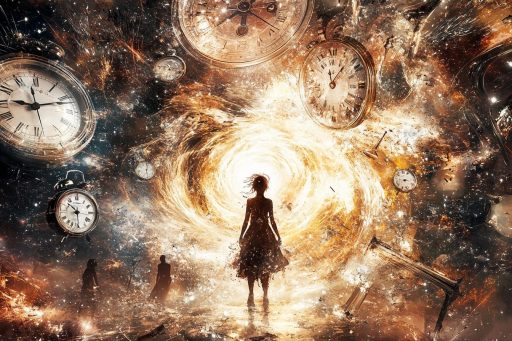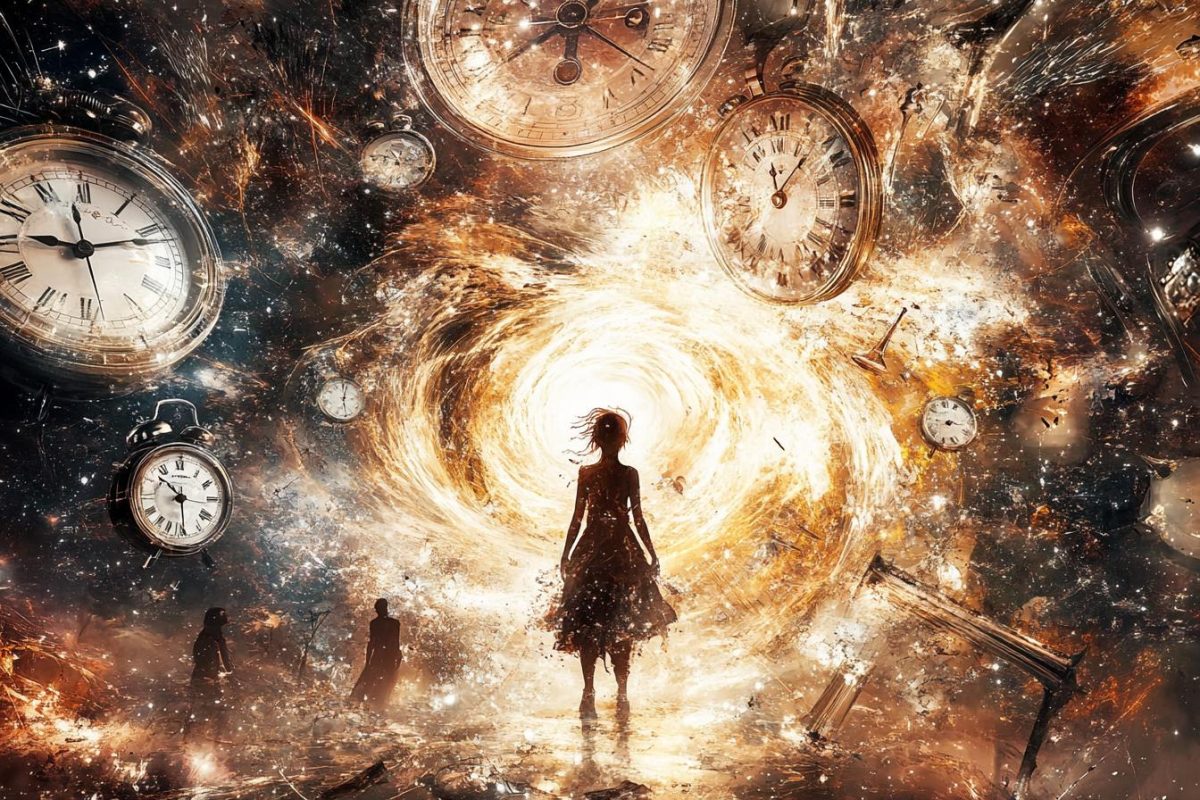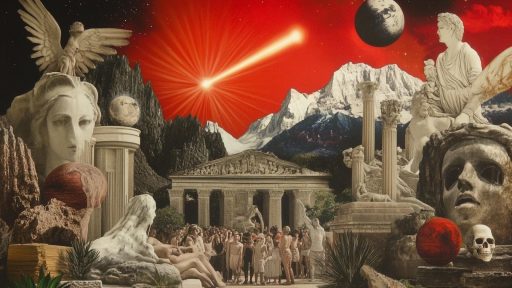
Time shapes everything around us—our lives, our history, and our very perception of reality. But what if the way we understand time is fundamentally flawed? Across scientific circles, philosophical debates, and fringe theories, time remains one of the most hotly contested mysteries. These conflicting ideas challenge the notion of linear existence and suggest time may be far stranger than we ever imagined.
Time Is an Illusion

Some physicists argue that time doesn’t actually exist—it’s just a convenient concept humans invented to make sense of change. From a block universe perspective, all moments in time exist simultaneously, and our experience of “now” is just an illusion. If true, then past, present, and future are all happening at once, and the idea of time flowing forward is nothing more than perception. It’s a deeply unsettling idea that questions our most basic understanding of reality.
Time Travel Is Mathematically Possible
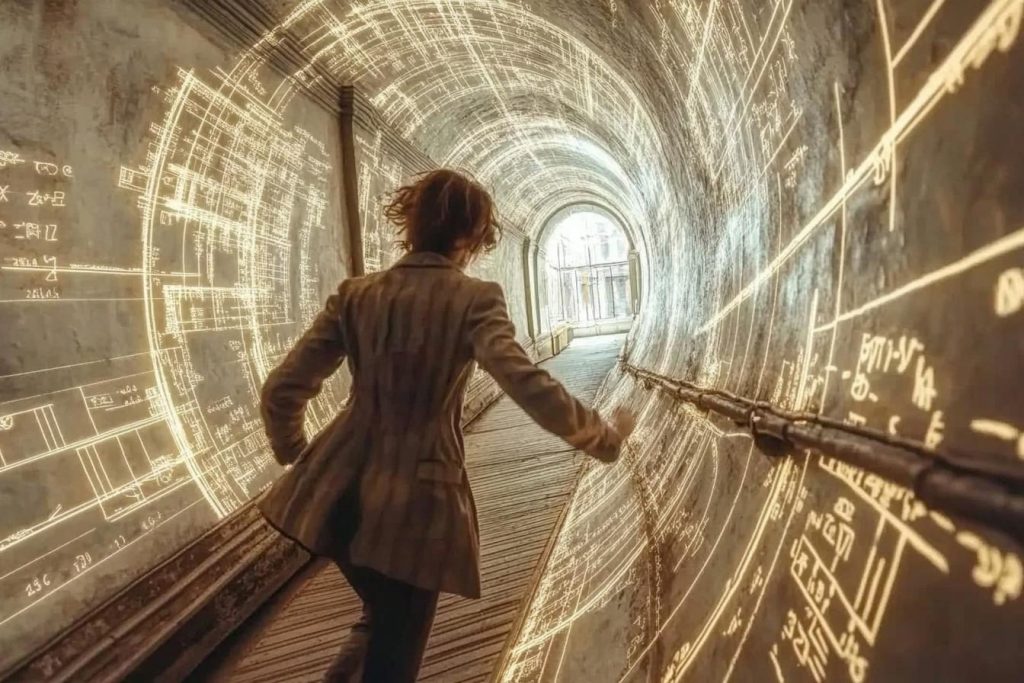
According to Einstein’s theory of relativity, time travel isn’t just science fiction—it’s theoretically possible under the right conditions. Extreme gravity, like that near a black hole, could slow time dramatically, creating time dilation effects. Some theories even suggest wormholes could allow us to leap across time. But while the math works, no one can agree on whether it’s physically achievable—or if it would tear the fabric of spacetime.
The Arrow of Time May Not Be Fixed

The second law of thermodynamics gives us the arrow of time, dictating that entropy must increase, pushing time forward. But quantum mechanics suggests that, at a microscopic level, time could run backward just as easily. If time doesn’t always move in one direction, what’s to stop it from reversing? The debate rages on as scientists try to reconcile these opposing truths.
We’re Living in a Time Loop

The idea that time could be cyclical—that the universe repeats itself endlessly—is gaining traction in both philosophy and cosmology. In a time loop, every moment you’ve lived might repeat again and again, forever. Some ancient cultures believed in this cyclical nature of time long before physics caught up. Still, no one agrees on whether it’s a poetic metaphor or a terrifying reality.
Time Emerges from Quantum Entanglement
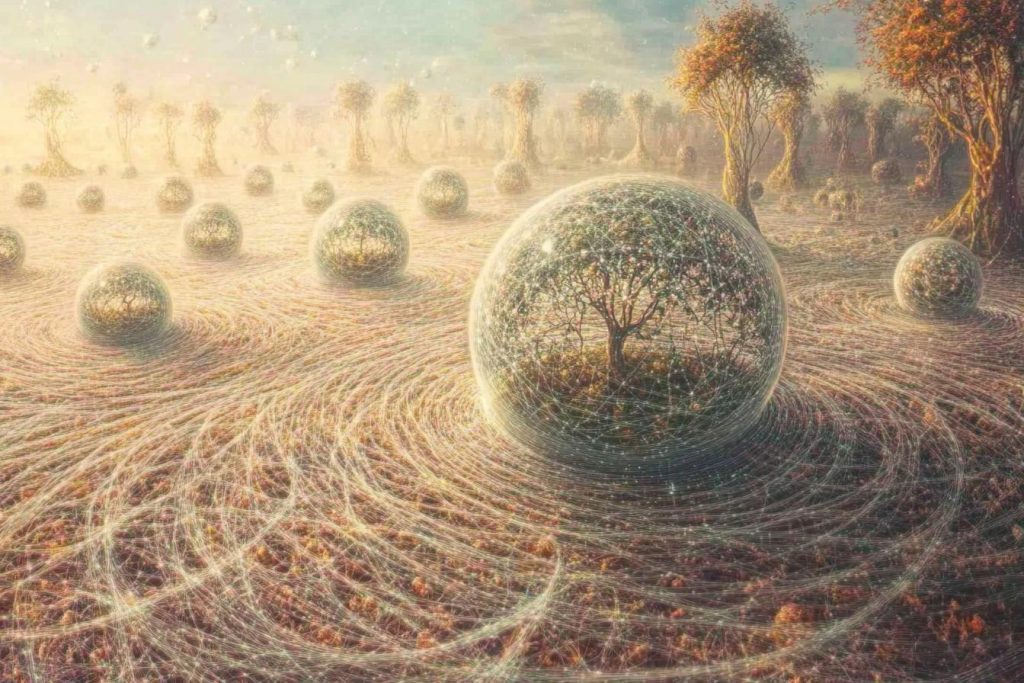
In the strange world of quantum physics, time may not be fundamental—it could emerge from the entanglement of particles. According to this view, time is a byproduct of interactions between systems rather than a universal constant. It flips the entire framework of physics on its head and suggests time might not exist independently at all. The concept is still deeply debated and far from universally accepted.
Time Is Gravity’s Twin

Einstein showed that space and time are linked, but some theories go further—suggesting time and gravity are deeply intertwined. In fact, time can be warped, stretched, or compressed by gravitational fields. This means time flows differently depending on where you are and how much gravity is present. Yet even experts can’t agree on whether this makes time a force or simply a side effect of other phenomena.
The Present Doesn’t Exist
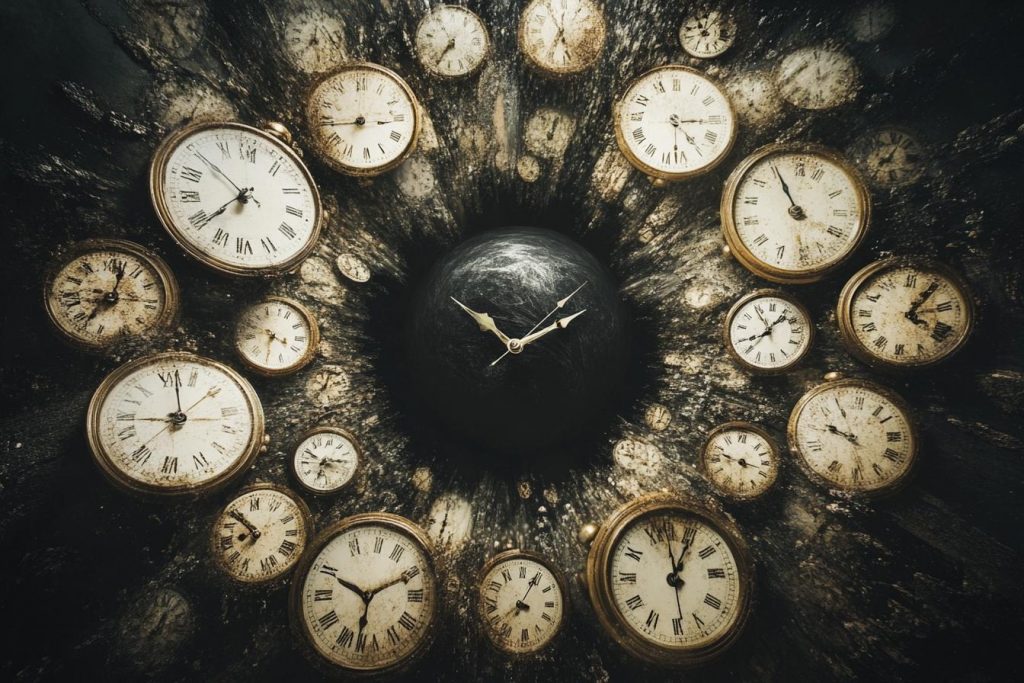
Some theories propose that “now” is just a mental construct, not a real point in time. In this view, there’s no universal present moment—only different observers experiencing different slices of the timeline. If true, then “now” isn’t any more special than the past or future. It raises big questions about free will, consciousness, and how we experience reality.
Time Reversal Symmetry Exists—But Only on Paper

Many of the fundamental equations of physics work just as well forward as backward, suggesting time reversal symmetry is real. Yet, in practice, we never see broken glasses reform themselves or people aging in reverse. This contradiction between math and reality has scientists scratching their heads. Why does the universe seem to “choose” a direction for time?
Time Could Be Discrete, Not Continuous

Some theorists argue that time doesn’t flow smoothly but ticks along in tiny, indivisible units—like frames in a movie. This “quantized time” challenges everything we assume about continuity and causality. If true, we might live in a stop-motion universe, jumping from moment to moment without realizing it. The idea remains hotly contested and hard to test.
The Future Might Influence the Past

Retrocausality is the mind-bending idea that the future can affect the past. In quantum experiments, outcomes seem to be influenced by actions taken after an event—defying all logic. If time can move backward in any form, our entire understanding of cause and effect may be flawed. The theory is controversial, to say the least, and sparks intense debate.
There’s No Universal Time

Einstein’s relativity showed that time is relative—it moves differently for observers depending on their speed or gravity. This means there’s no single, absolute timeline shared by everyone. While the theory is well-supported, the philosophical implications are still debated: does this mean everyone lives in their own version of reality? The consensus is elusive, even a century later.
Time May Not Exist at All in a Theory of Everything

Some models that aim to unify physics—like loop quantum gravity—suggest that time vanishes at the most fundamental level. In this view, what we call “time” is a feature of larger-scale systems, not an essential property of the universe. If time isn’t part of the ultimate laws of nature, then our perception of it might be nothing more than a useful illusion. The idea has supporters and skeptics in equal measure.
Time Is Just Memory

One of the more philosophical theories posits that time exists only because we remember events. The past is a construct of memory, and the future is imagination—leaving only a present shaped by mental recall. If we lost our memories, would time disappear altogether? This concept challenges not just physics but the core of human consciousness.
What If Time Doesn’t Care What We Think?
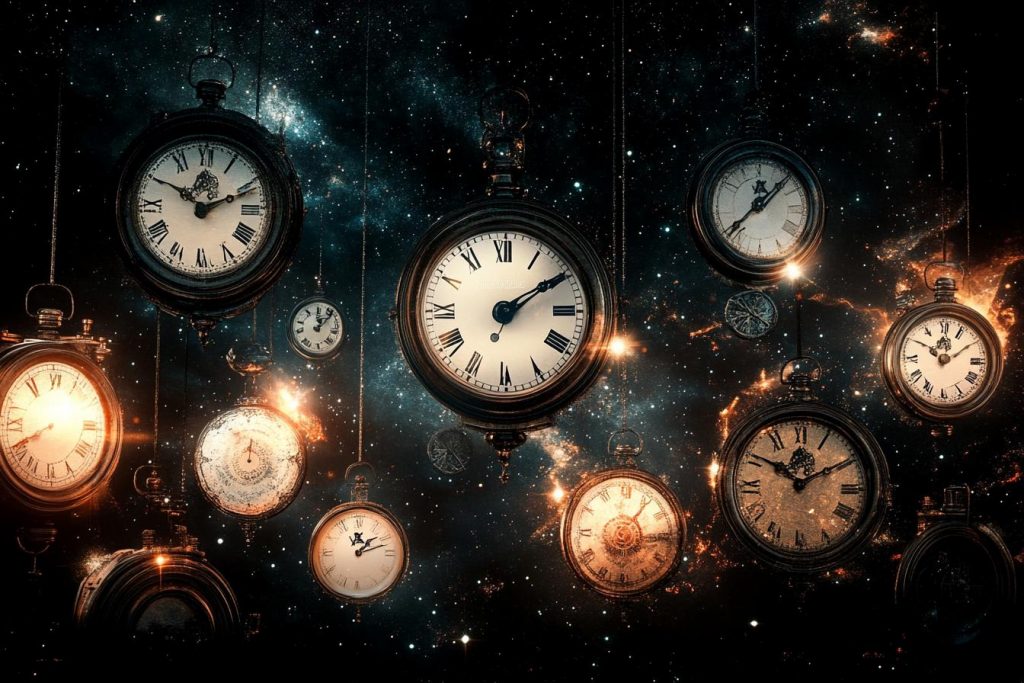
We build our lives around clocks and calendars, but these time-related theories reveal how little we truly understand the force shaping our existence. Whether time is real, relative, or just a mental trick, it slips through our fingers the more we try to grasp it. Each theory opens a new door into possibility and paradox, and no clear consensus seems within reach. Maybe time isn’t broken—but our perception of it is.

